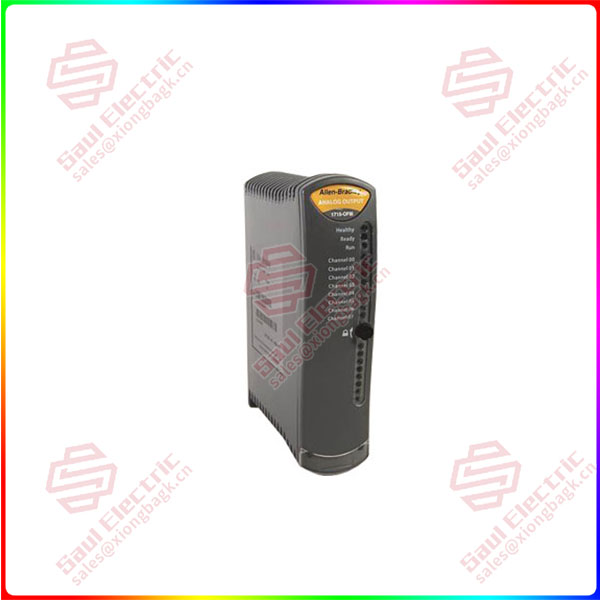05 The industrial future of Siemens, GE, Bosch and other giants
Overview of Industry 4.0
Since the end of the 18th century, human beings have spent more than 200 years to evolve industrial production from the age of steam through the age of electricity and information to the era of Industry 4.0 intelligence. At the Hannover Fair in 2011, Germany proposed the concept of Industry 4.0 for the first time, combining emerging technologies such as the Internet, big data, cloud computing, and the Internet of Things with industrial production to achieve intelligent production.
After the concept of Industry 4.0 was launched, it has attracted the attention and response of mainstream countries and regions in the world, and they have also formulated their own “Industry 4.0” development strategies according to national conditions, such as the United States Industrial Internet and Made in China 2025.
German Industry 4.0 is committed to developing intelligent production standards with Cyber-Physical systems (CPS) as the core to promote the transformation of manufacturing to intelligence.
The American Industrial Internet advocates the connection and management of people, data and machines through Internet of Things technology and equipment, to achieve the management and service of the whole life cycle of products, and to reconstruct the value system of all links of the industrial chain.
Made in China 2025 is a strategy proposed for China’s national conditions. It integrates innovation-driven, green development, structural optimization and talent-based development strategies, promotes the integration of the two (industrialization and informatization), and strengthens the research and development and application of information and physical systems around control systems, industrial software, industrial networks, industrial cloud services and industrial big data platforms. Transformation into an industrial power.
Enterprise transformation

1715-OF8I
Some of the world’s leading companies have taken the lead in planning and formulating their own Industry 4.0 or similar development plans according to their respective national and regional strategies. In April 2019, the Industrial Exhibition was held in Hannover, Germany. According to its official website, more than 5,000 manufacturers from more than 70 countries and regions around the world participated in the exhibition, sharing their Industry 4.0 products and solutions, including smart devices, smart factories and security services based on Internet of Things technology.
After the United States proposed the concept of Industrial Internet, five leading enterprises set up the Industrial Internet Consortium (IIC) in 2014, namely GE, IBM, Cisco, Intel and AT&T. The purpose is to plan the development path, scientific and technological empowerment, reduce technical barriers, accelerate product marketization, and promote the healthy development of the industrial Internet. According to the official website of the IIC, as of the end of April 2019, more than 200 companies around the world have joined the alliance. Below are some of the current transformation initiatives of some of the alliance’s leading companies:
Siemens
Factory digital transformation, using emerging technologies such as Artificial Intelligence (AI), Edge Computing (Edge Computing), etc., to intelligently upgrade production equipment;
Mindsphere (PaaS) Internet of Things open cloud platform to realize the interconnection of virtual and real, providing industrial applications and digital services;
Industrial Equipment iot, the Sinamics product line, connects inverters, drive chains and machines with Mindsphere through its communication module, connecting the physical and digital worlds to optimize analytical processes and maintenance strategies;
Industrial data services to help customers implement digital transformation.
Bosch
Bosch IoT Suite provides services such as device access, device management, access control, software upgrades, third-party connectivity and IoT data analysis.
Its Escrypt company provides embedded security products and solutions.
GE
In late 2018, GE announced plans to form a new company focused on developing Industrial iot software and related businesses to integrate GE Industrial iot solutions, including the Predix platform, Asset Performance management (APM), Historian, Automation (HMI/SCADA), manufacturing execution systems, and operational performance management.
Intel
Enterprise intelligent solutions help industrial enterprises apply big data, promote the integration of Information Technology (IT) and Operational Technology (OT), and respond to information security threats.
In addition, companies such as IBM, Amazon, Microsoft and Hitachi have also launched IoT-related solutions.
In summary, we can see that under the environment of Industry 4.0, enterprises have developed in the direction of intelligent production, intelligent factories, intelligent products, and digital transformation services, promoting the deep integration of industrial manufacturing and Internet technology. At the same time, with the expansion of iot strategy, iot security issues will become more complex and severe, and enterprises need to spend more time and energy to ensure the safe operation of intelligent production.
In China, under the guidance of the Ministry of Industry and Information Technology (referred to as the Ministry of Industry and Information Technology), the Alliance of Industrial Internet (AII) was jointly initiated by more than 100 units in the fields of industry, information and communication industry and the Internet in February 2016. It aims to promote exchanges and in-depth cooperation between relevant entities, promote the docking of supply and demand and knowledge sharing, form complementary advantages, effectively promote the development of the industrial Internet industry, and effectively solve the practical problems of enterprises. Since its establishment, the number of members has exceeded 900, respectively from the industrial Internet top-level design, technology research and development, standard development, industrial practice and other fields to carry out work, released a number of research results, to provide support for government decision-making and industrial development.
 1 Year Warranty
1 Year Warranty




